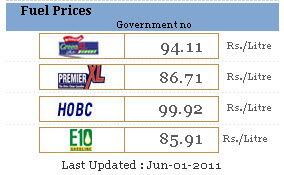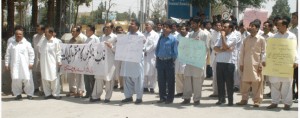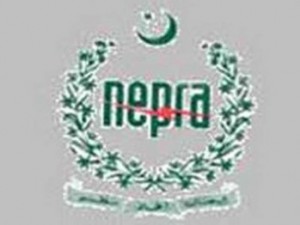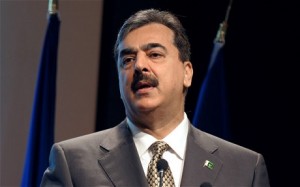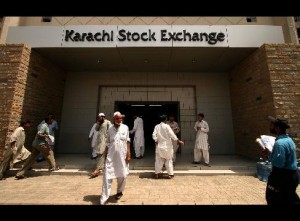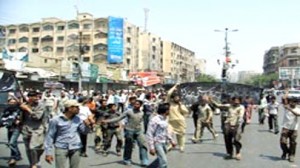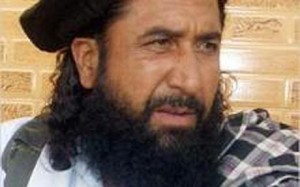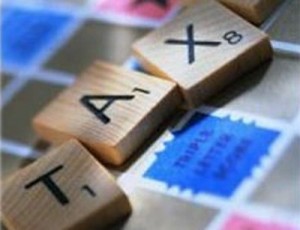 Sindh will start collecting sales tax, initially on 12 selected services from July 1. While the other federating units — Khyber Paktunkhwa, Punjab and Balochistan — still want the existing arrangements with the federal government to continue, Sindh is moving ahead to become a torch-bearer for others to follow suit.
Sindh will start collecting sales tax, initially on 12 selected services from July 1. While the other federating units — Khyber Paktunkhwa, Punjab and Balochistan — still want the existing arrangements with the federal government to continue, Sindh is moving ahead to become a torch-bearer for others to follow suit.
Sindh had been agitating that the collection and distribution on sales tax on services (SToS) should be de-linked from Federal Divisible Pool, shared by provinces under the National Finance Commission (NFC) awards. The inclusion of the SToS in the divisible pool, though a provincial tax, has deprived Sindh of its fair share calculated on the basis of population and other weightages, it was maintained.
Since then it has argued by Sindh that the federal government should keep a separate account of SToS and directly transfer its proceeds to the province from where it is collected. After the 18th constitutional amendment on April 23, 2010 the sales tax on services along with central excise duty and workers welfare fund (WWF) have come under provincial jurisdiction. However, the federal government has been collecting revenue on many services under the head of federal excise duty.
The SBR is headed by a chairman with four members and unlike provincial Board of Revenue—- a government department—, it is an autonomous body. Its mandate and powers are close to those of Federal Board of Revenue. The silver-lining is that it has two senior retired FBR officers who have a rich experience on tax revenue collection. Presently, the SBR is carrying out computerisation and automation of its entire revenue collection system by launching web based recovery of taxes and fees with effect from July 1. The SRB has yet to do a lot before it starts collecting revenue. The Board is still in the process of drafting various laws eg. Sindh Sales Tax on Services Bill including Revised Bill and the Flood Tax Bill.
Initially only 12 services are being taxed whereas around 200 large and small services are still outside the ambit. The provincial government will move to bring many small services under the sales tax net. Such services as security, health, human resource development could be brought under the tax net. Currently, the provinces have to look to Islamabad for funds and Islamabad looks to Washington and we are all under vicious circle which retards growth and development of provinces and the country as a whole.

